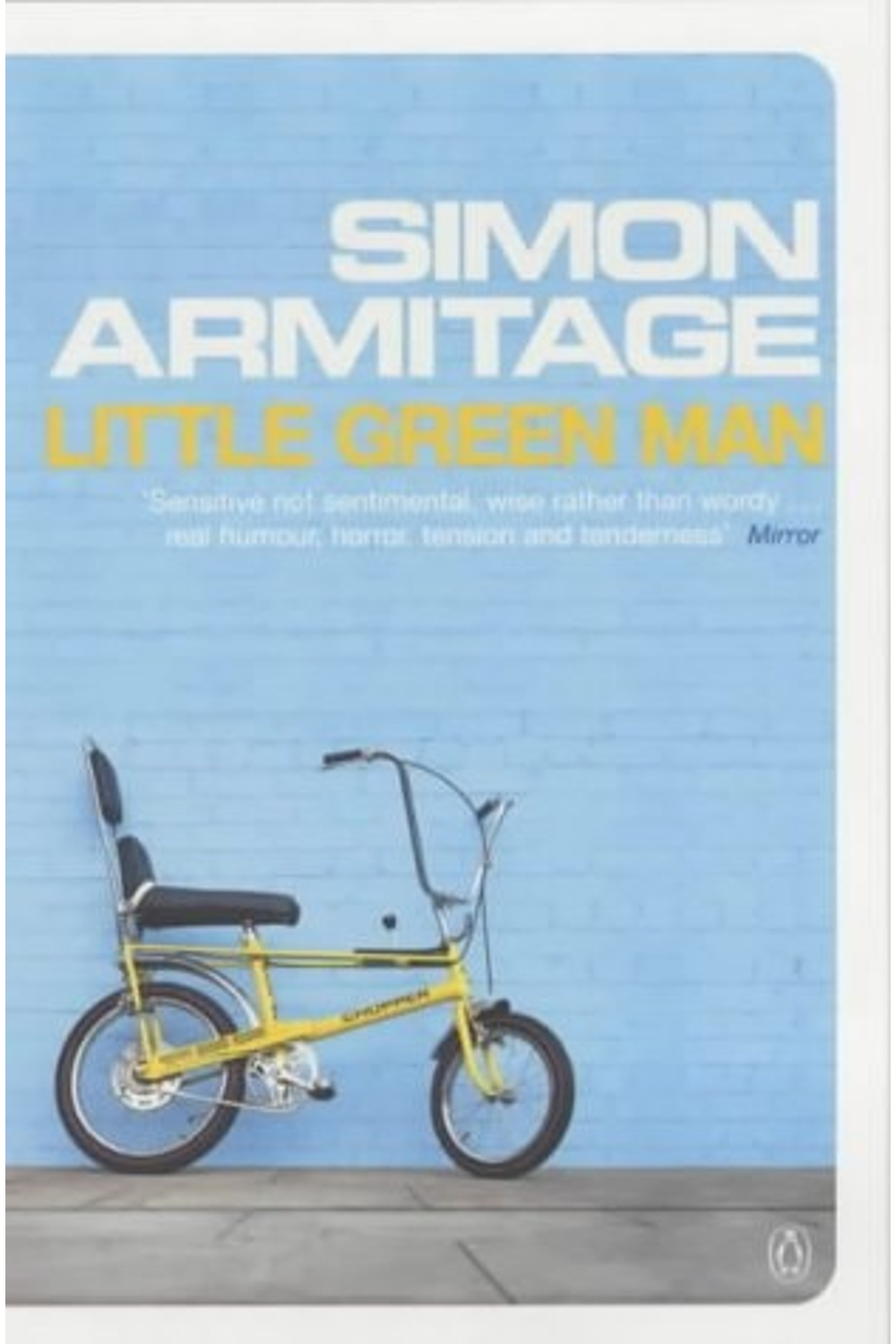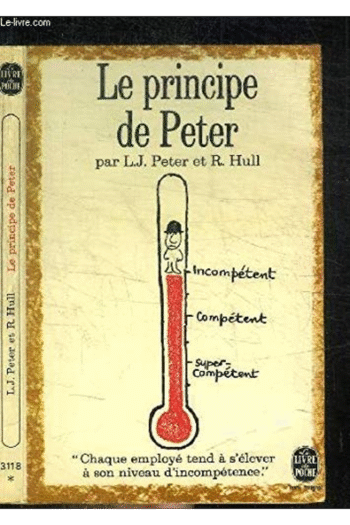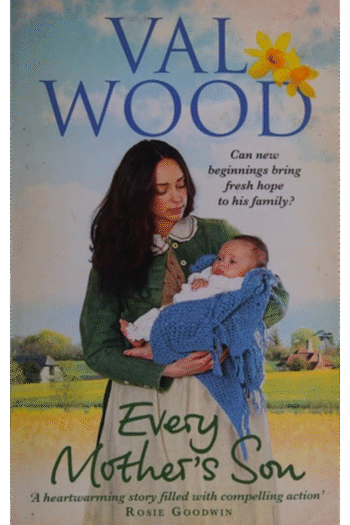“Little Green Man” by Simon Armitage is a darkly comic and fiercely observed debut novel that delves into the lives of four childhood friends grappling with adulthood in post-industrial Yorkshire. Barney, adrift after a divorce and struggling to connect with his autistic son, seeks solace in his enduring friendships. When he unearths a cherished childhood relic the titular “Little Green Man” it sparks a reckless game of truth or dare designed to recapture their lost youth. As the dares escalate into increasingly outrageous and morally questionable acts, buried secrets are unearthed, and the fragile bonds of friendship are tested to their breaking point. Armitage, known for his sharp wit and poetic insights, paints a brutally honest portrait of working-class life, masculinity, and the disillusionment of middle age. Expect dark humor, unflinching realism, and a narrative that explores the complexities of male friendship, fatherhood, and the enduring power of the past. Perfect for fans of Irvine Welsh and other authors who aren’t afraid to explore the darker corners of the human experience. Discover why Armitage’s prose resonates with rawness that makes you question morality and friendship.
Little Green Man
13,08 $
In stock
Little Green Man , Simon Armitage’s first novel, draws on the author’s gritty Yorkshire upbringing to produce a vivid story of childhood nostalgia and adult disillusionment. Armitage’s protagonist is the feckless Barney, thirtysomething, divorced, and alienated from his autistic son. His only passion are his mates, “the old friends, the ones you were brought up with, who go further back than you remember, who’ve been there since the beginning. You didn’t choose them–they’re like family. Like blood.” When Barney unearths what turns out to be a priceless relic from his childhood days–the “little green man” of the novel’s title–he gets back in touch with his old Winkie, Pompus, Stubbs and Tony Football. Desperate to “turn back the clock” and relive their childhood escapades, Barney proposes a game of truth or dare. Each member of the gang “dares” another. Failure to complete a dare leads to disqualification. The winner walks away with the priceless little green man. As the stakes get higher, friendships begin to dissolve as hairy women are seduced, sheep are slaughtered and excrement eaten. In the process the gang reveal some of their deepest secrets, from abuse to impotence, and as the game begins to get out of hand, Barney himself has to confront the responsibilities of adulthood. The problem is that the novel’s brutally frank portrayal of both Barney and his gang is so convincing that it becomes difficult to feel any sympathy for anyone. Little Green Man is a tough, uncompromising debut novel, but many fans of Armitage may feel it lacks the originality of his highly acclaimed poetry. — Jerry Brotton
| Authors | |
|---|---|
| Binding | |
| Condition | |
| ISBN-10 | 0140297774 |
| ISBN-13 | 9780140297775 |
| Language | |
| Pages | 256 |
| Publisher | |
| Year published | |
| Weight | 434 |
Related products
LE PRINCIPE DE PETER
14,45 $
- Additional information
- Currencies
- USD – United States dollar
- EUR – Euro
- GBP – Pound sterling
- CNY – Chinese yuan
- BRL – Brazilian real
- MXN – Mexican peso
- JPY – Japanese yen
- PHP – Philippine peso
- THB – Thai baht
- PLN – Polish złoty
- CAD – Canadian dollar
- MYR – Malaysian ringgit
- AUD – Australian dollar
- TWD – New Taiwan dollar
- CZK – Czech koruna
- SEK – Swedish krona
- HUF – Hungarian forint
- ILS – Israeli new shekel
- CHF – Swiss franc
- HKD – Hong Kong dollar
- DKK – Danish krone
- SGD – Singapore dollar
- NOK – Norwegian krone
- NZD – New Zealand dollar





